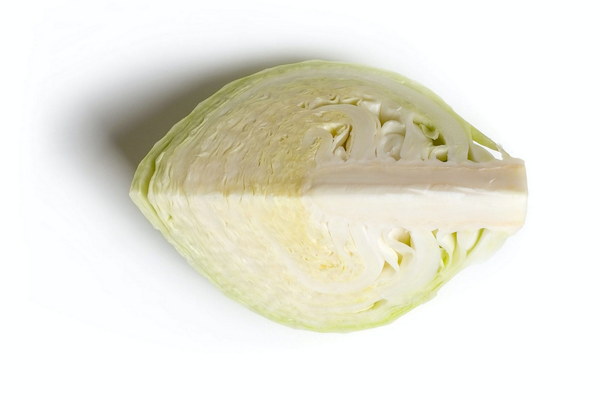The Ultimate Guide to Healthy and Delicious Winter Nutrition
Winter is a season that brings its own unique set of challenges, especially when it comes to maintaining a healthy lifestyle. The cold weather, shorter days, and lower temperatures can make it difficult to stay motivated and eat well. However, with the right strategies, you can enjoy a season filled with delicious and nutritious meals that will keep you warm and healthy. Here's a comprehensive guide to help you navigate the winter season and keep your body in top shape.
1. Embrace the Warmth of Soups and Stews
One of the best ways to stay warm during the winter is by indulging in hearty soups and stews. These dishes are not only comforting but also packed with nutrients. Incorporate ingredients like root vegetables, leafy greens, and lean proteins to create a balanced meal that will keep you full and satisfied. Try adding a touch of ginger or turmeric to give your soup an extra kick and boost your immune system.
2. Focus on Nutrient-Dense Foods
Winter is the perfect time to load up on nutrient-rich foods that will support your body's needs. Fruits and vegetables may be less abundant during the colder months, so it's essential to choose those that are available in season. Citrus fruits, such as oranges and grapefruits, are great sources of vitamin C to help boost your immune system. Berries, such as blueberries and strawberries, are also high in antioxidants and can help protect against colds and flu.
3. Stay Hydrated with Warm Beverages
Drinking water is crucial throughout the year, but it's especially important during the winter when you may be less inclined to drink cold water. To stay hydrated, opt for warm beverages like herbal teas, hot cocoa, or warm lemon water. These drinks can help keep your body warm and also provide additional health benefits. Green tea, for instance, is rich in antioxidants and can aid in weight loss and boost metabolism.
4. Incorporate Healthy Fats
Healthy fats are essential for keeping your body warm and providing long-lasting energy. Incorporate sources of omega-3 fatty acids, such as salmon, sardines, and flaxseeds, into your diet. Avocado, nuts, and seeds are also excellent sources of healthy fats and can be added to salads, smoothies, or as a snack.
5. Focus on Whole Grains
Whole grains are a great source of sustained energy and fiber, making them perfect for winter meals. Incorporate whole grains like brown rice, quinoa, and oats into your diet. They can be used as a base for soups and stews, or as a side dish with your main meal.

6. Use Spices to Add Flavor and Boost Immunity
Spices not only add flavor to your meals but also offer numerous health benefits. Turmeric, for example, is known for its anti-inflammatory properties, while cinnamon can help regulate blood sugar levels. Incorporate these spices into your cooking to enjoy both taste and health benefits.
7. Practice Mindful Eating
During the winter, it's easy to overindulge in comfort foods. To maintain a healthy diet, practice mindful eating by savoring each bite, paying attention to your hunger and fullness cues, and avoiding distractions while eating. This will help you make healthier choices and prevent overeating.
In conclusion, winter doesn't have to be a season of unhealthy eating. By following these tips, you can enjoy delicious and nutritious meals that will keep you warm, healthy, and energized throughout the cold months. Remember to embrace the season's flavors, focus on nutrient-dense foods, and practice mindful eating to make the most out of your winter nutrition.









